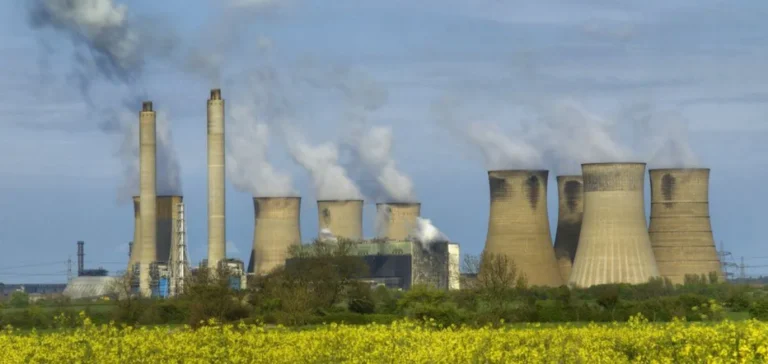Romania is in talks with the European Commission to secure at least a five-year extension for the operation of 2.6 gigawatts of coal-fired power plants. Romanian Energy Minister Bogdan Ivan said negotiations are underway to give the country more time to commission new natural gas units.
Under its commitment in the European Union-funded recovery plan, Romania was due to phase out lignite and hard coal plants by 2026. However, according to the minister, replacement projects are facing delays, particularly gas-fired plants and solar parks developed by both public and private players.
Replacement projects facing delays
State-owned utility Complexul Energetic Oltenia partnered with OMV Petrom, Tinmar and Alro Slatina to develop solar facilities and gas-fired plants. These projects, however, will not be operational within the original deadlines. In central Romania, private developer MAS Group Holding is also building a 1.7-gigawatt steam and gas plant to replace ageing hard coal units.
Since 2023, Romania has been formally requesting an extension of the closure date, citing a lack of immediate replacement capacity. A study highlighting the economic and energy market impact of a 2026 shutdown will be submitted to Brussels, according to the minister.
Targeting energy independence by 2032
Romania plans to install 12.96 gigawatts of new capacity by 2032. This portfolio will include gas, nuclear, wind and solar units financed by European Union funds, as well as private and state investments. It will also feature 2.25 gigawatts of storage capacity.
According to Bogdan Ivan, this strategy should turn Romania into a net power exporter within the next decade. The country, already largely self-sufficient in natural gas through Romgaz, OMV Petrom and Black Sea Oil & Gas, is also counting on a major offshore gas project expected to start operations in 2027.






















